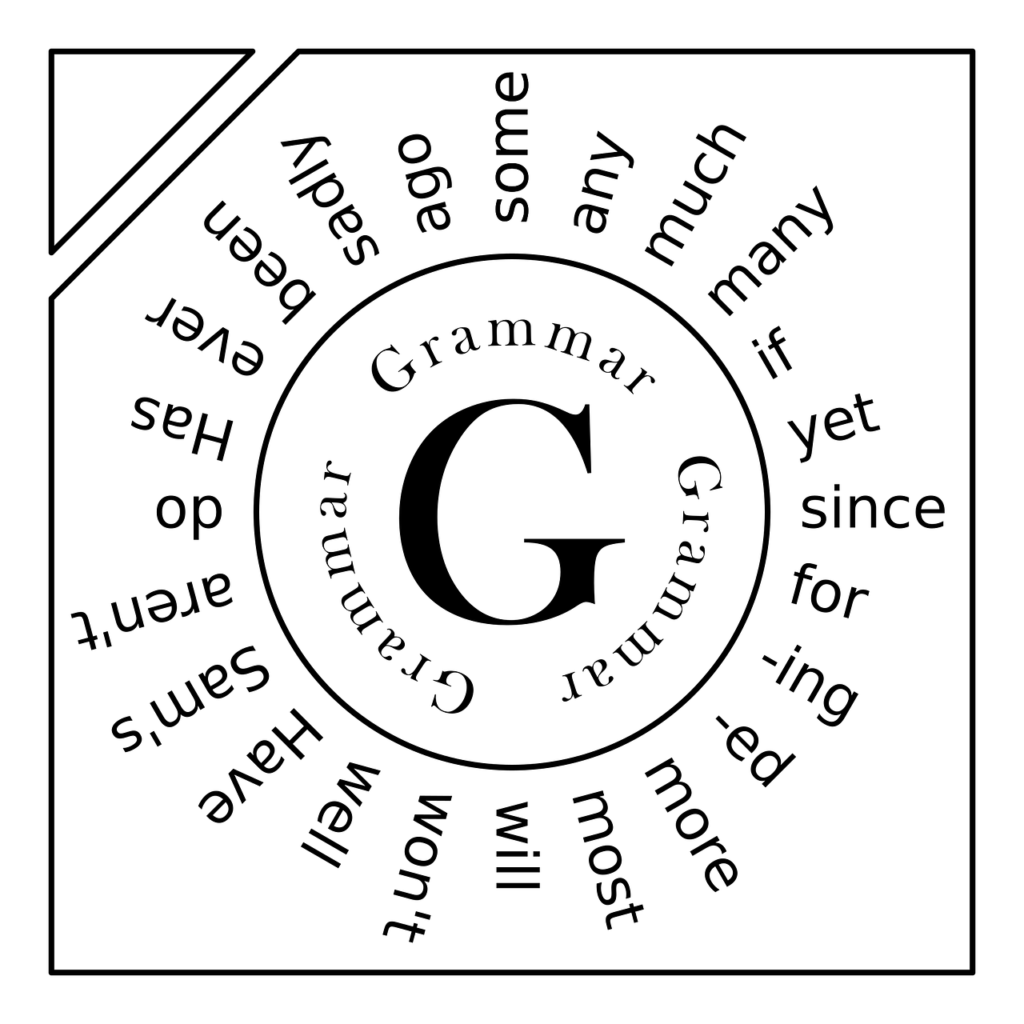Spacial Prepositions
Spatial prepositions are words that describe the position or direction of one object in relation to another. They are essential in English grammar for giving clear and precise directions. Here’s an in-depth look at spatial prepositions with examples: 1. “On” indicates that something is in a position above something else and touching it, or that […]
Spacial Prepositions Read More »

